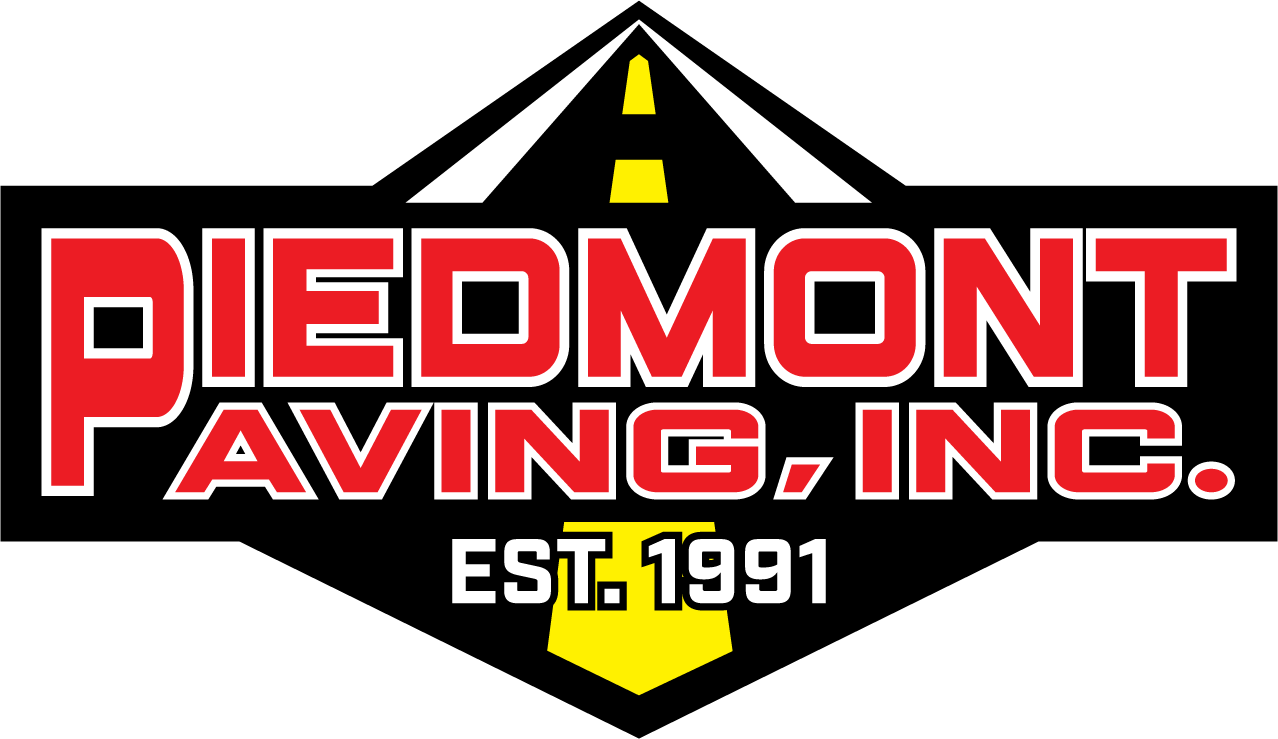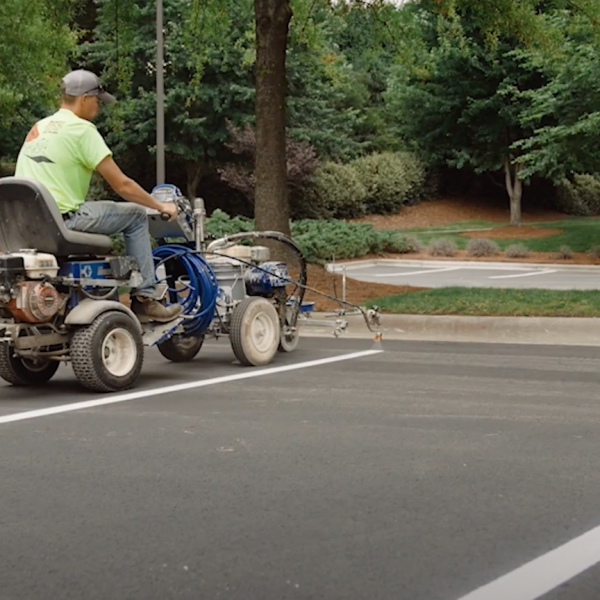When laying down a driveway, homeowners have the choice of gravel, concrete paving, or asphalt. While it’s important to weigh the decision carefully, most individuals and homeowners end up choosing asphalt because of its durability, flexibility, and overall design.
Let’s take a look at the advantages of asphalt.
What Is the Difference Between an Asphalt Driveway vs. Concrete Driveway?
Between asphalt driveways and those made of concrete, asphalt pavement is the more flexible variety.
Essentially, asphalt consists of a fairly thin wearing surface, built over base and subbase courses. These courses are usually stone and/or gravel, and they rest upon compacted subgrade.
Asphalt driveways are made by using aggregate (sand or crushed gravel), bound together by bitumen. This binder is a dark, sticky substance that is derived from crude oil. When lots or driveways are built using asphalt, hot bitumen is mixed with fine aggregate onto a bed of heavier aggregate and then rolled to ensure proper binding. This provides a hardness and durability, while also offering flexibility to accommodate any imperfections in the underlying surface.
Concrete, much like asphalt, is made using an aggregate. In this instance, the binder holding the aggregate together is cement. As the mixer dries, it becomes a stiff and unforgiving solid. Concrete has its uses, but can be prone to breaking and cracking, particularly when the surface underneath isn’t perfectly smooth.
In the past, concrete had been the preferred choice for paving or driveways, but this has changed with the benefits of an asphalt driveway.
6 Significant Benefits of Asphalt Driveway
Now that we have established how asphalt driveways are made and how they differ from their concrete counterparts, let’s take a closer look at the significant benefits of asphalt driveways.
1. Asphalt Is Less Expensive Than Concrete
Concrete costs, especially when looking at something more decorative, can be upwards of $10-15 per square foot. You can spend significantly less when putting down an asphalt driveway.
2. Asphalt Requires Less Maintenance
Every few years, asphalt driveways will benefit from a sealcoating treatment and the occasional crack that might need to be filled or sealed. But, resurfacing or sealing is like getting a new driveway without paying full price. Not only does resurfacing asphalt driveways restore their dark color, it also fills in cracks and patches and extends the life of the surface.
3. Asphalt Driveways Are More Appealing
With the ability to cover stains and damage, asphalt driveways can be more appealing. Sealcoating your asphalt will always give your driveway that rich, black finish of the original color.
4. Asphalt Driveways Take Less Time to Install
Once the site is prepared, most asphalt driveways can be installed within two days. The majority of asphalt driveway installs take just a single day.
5. Asphalt Driveways Cure Almost Immediately
One of the biggest differences between concrete driveways and asphalt driveways is the cure time. Concrete generally needs about a week to ten days before foot or vehicle traffic, while asphalt is cured enough within 48-to 72 hours.
6. Asphalt is Easier to Replace
As asphalt is a recyclable material, it is much easier to replace than concrete. Replacement requires removal of the old surface, placing down a new subbase and rolling out new asphalt. Simple, easy, and affordable.
Looking for an Asphalt Driveway Expert Near You?
As leaders in asphalt paving, maintenance, and repairs, Piedmont Paving is the perfect partner for your next asphalt project. With over 30 years of asphalt and paving experience, we are the preferred paving company in the Winston Salem metro and throughout North Carolina. Contact Piedmont Paving to start paving your asphalt driveway today.




